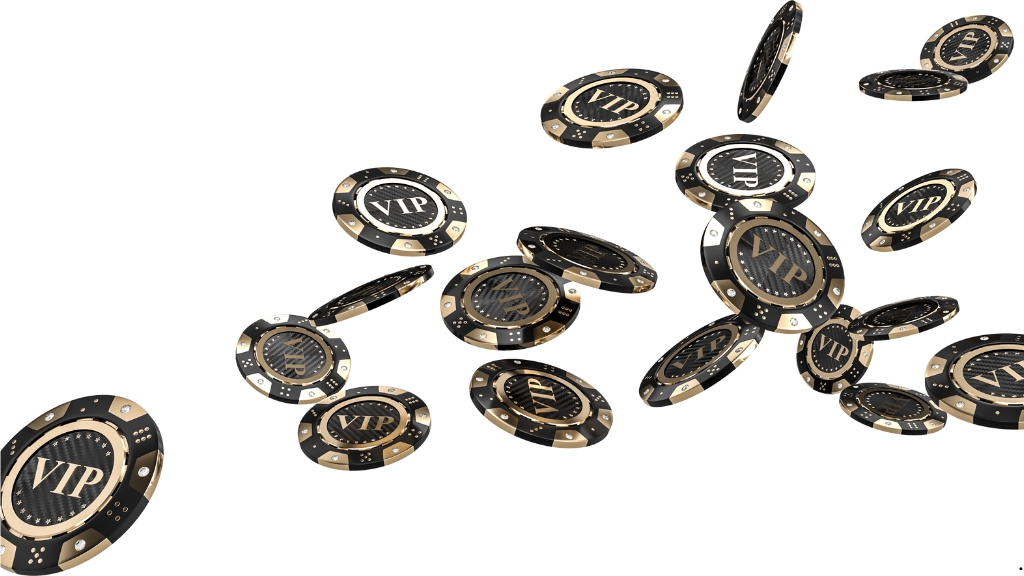Walking into a casino can feel like stepping into another world—bright lights, buzzing sounds, and the thrill of potential wins. But let’s face it, gambling isn’t just about luck; it’s about strategy, discipline, and understanding the odds. Without the right mindset, it’s easy to get swept away by the excitement and make impulsive decisions.
I’ve learned that smart gambling starts long before placing a bet. It’s about shifting your approach from pure chance to calculated strategy, much like moving from a roulette table to a strategy room. By focusing on preparation and self-control, you can turn gambling into a more mindful and rewarding experience. It’s not just about the games; it’s about how you play them.
Understanding Smart Gambling
Smart gambling is rooted in a combination of strategic thinking, emotional discipline, and a realistic understanding of risk and reward. It requires separating impulsive behaviors from thoughtful decision-making.
The Importance of Mindset in Gambling
Approaching gambling with the right mindset increases long-term success. A disciplined mindset helps me avoid emotional decisions, such as chasing losses or over-betting after wins. Maintaining focus on predefined strategies, rather than succumbing to the thrill of the moment, ensures better control over outcomes. For example, setting clear betting limits and sticking to specific games where I understand the odds gives me an advantage.
Separating Luck from Strategy
Luck plays a role in gambling, but distinguishing it from strategy helps me manage expectations. Strategic decisions, like choosing games with a lower house edge or calculating probability in poker, contribute to better outcomes. For instance, blackjack allows informed moves like splitting pairs or doubling down based on the dealer’s cards, demonstrating how knowledge diminishes reliance on chance. Adopting this approach ensures losses feel manageable and wins align with skill, not coincidence.
Developing a Strategy Room Mindset
Strategic gambling requires conscious decision-making and a disciplined approach. Shifting from pure chance to well-crafted strategies transforms the gambling experience into a deliberate, calculated effort.
Skills Needed for Strategic Gambling
Strategic gambling depends on developing specific skills. Analytical thinking helps me assess odds, probabilities, and long-term trends in games like poker or blackjack. Emotional control prevents impulsive behavior, safeguarding my bankroll from reckless bets. Observational skills assist in identifying game patterns or player tendencies. For example, recognizing when an opponent bluffs enhances my decision-making. I also focus on risk assessment to weigh potential losses against potential gains in any gambling scenario.
Balancing Risk and Reward
Balancing risk and reward ensures my bets align with calculated strategies. I allocate my bankroll in proportions that minimize risks while maximizing potential returns. For instance, prioritizing low-house-edge games like baccarat or craps improves my chances. Setting strict winning and losing thresholds keeps me from overextending in the heat of the moment. Understanding probabilities for each game lets me make informed moves, ensuring my decisions favor favorable outcomes without relying on sheer luck.
Tools and Techniques for Smart Gambling
Smart gambling relies on using specific tools and methods to enhance decision-making and maximize control. Strategic players focus on techniques that align with logical analysis and emotional discipline.
Analyzing Patterns and Probabilities
Understanding game patterns and probabilities improves decision-making. I study historical outcomes in games like roulette or poker to identify recurring trends. For example, recognizing when certain numbers or suits frequently appear can guide betting choices.
Calculating probabilities is essential for assessing risk versus reward. In blackjack, I consider cards already played to estimate the likelihood of drawing high or low-value cards. This awareness helps me adjust strategies, such as whether to hit, stand, or split. Similarly, in poker, I evaluate pot odds and implied odds to decide when to call, fold, or raise.
Leveraging Technology to Gain an Edge
Technology offers valuable resources for informed gambling. I use apps with probability calculators and trackers to analyze real-time data. For instance, blackjack apps provide insights into optimal moves based on card counts and game conditions.
Online tools facilitate research on games with the best payout percentages, such as evaluating slots with high return-to-player (RTP) rates. Betting platforms often include statistical features, helping me monitor performance trends and refine strategies accordingly. For live games, I utilize digital strategy charts to ensure decisions align with mathematical odds.
Transitioning From Casino Player to Strategist
Moving beyond the excitement of random betting and embracing a strategic mindset transforms gambling from chance-based entertainment into a skill-based endeavor. This shift requires deliberate adjustments in behavior, analysis, and planning.
Adopting a Strategic Approach
I focus on preparation and analysis before engaging in any game. This includes understanding the rules, house edge, and probabilities for each option. Games like blackjack and poker offer opportunities to apply strategy, whether through basic strategy charts or learning to read opponents’ behavior. I also set realistic goals, like aiming for specific percentages of winnings rather than chasing large jackpots, ensuring my efforts remain disciplined and informed.
By prioritizing bankroll management, I allocate fixed amounts for gambling, treating it like an investment with controlled risk. For example, sticking to a rule of wagering 2% of the total bankroll per bet prevents unnecessary exposure. Additionally, I favor games where skills influence outcomes, recognizing that informed decisions hold more weight than luck alone. This approach underpins a strategist’s mindset.
Overcoming Common Pitfalls
I identify and avoid emotional and impulsive behaviors, like betting larger amounts after a loss to recover or wagering recklessly during winning streaks. Building emotional discipline helps me stick to predetermined thresholds. For instance, I stop playing when I exceed my winning cap or reach the acceptable loss limit for a session. This prevents overextension of my bankroll and ensures gambling remains enjoyable.
Another common error I sidestep involves neglecting odds and probabilities. I analyze every game for its risk-reward potential; ignoring this step often leads to uneducated decisions. Tools like probability calculators and strategy simulators assist me in refining my approach, eliminating guesswork. This ensures my gambling decisions remain data-backed and strategically sound.
Real-World Applications of Smart Gambling
Smart gambling isn’t confined to theories; it thrives in real-life scenarios. By employing strategy and discipline, gamblers can turn unpredictable outcomes into measured risks, aligning their decisions with long-term goals.
Stories of Success
Real-world examples underline the effectiveness of strategic gambling. One notable case involves a blackjack player who consistently used card-counting techniques. By combining statistical probabilities with disciplined betting, they turned initial losses into steady gains over several months, eventually earning tens of thousands of dollars. Similarly, poker tournaments showcase players using analytical thinking and psychological strategies, such as studying opponents’ behaviors, to secure championships and win substantial prizes.
Casual gamblers have also benefited from smart approaches. For instance, some roulette players maximize outcomes by focusing on even-money bets like red/black or odd/even, where probabilities are clearer. Others succeed by setting strict win or loss limits, ensuring controlled play, even during streaks of bad luck.
Lessons from Professional Gamblers
Professional gamblers demonstrate the importance of preparation, patience, and emotional control. For example, successful sports bettors rely on data analysis and trend evaluation rather than intuition. Tools like predictive algorithms enable them to assess teams, players, and conditions before placing bets, minimizing risks and enhancing accuracy.
Another key lesson is bankroll management. Pros consistently allocate only a small portion of their bankroll to each bet, an approach that protects them from significant losses during bad runs. In poker, for example, players study probabilities and opponents to select the right hands to play, balancing risk versus reward.
Avoiding distractions and maintaining focus are also crucial takeaways. Professionals block out emotional decisions like over-betting after wins or chasing losses, ensuring their strategies remain intact even during intense gameplay.
Conclusion
Smart gambling isn’t just about playing the games—it’s about mastering the mindset. By combining strategy, discipline, and informed decision-making, anyone can shift from relying on luck to taking control of their gambling experience. It’s not about eliminating risk but managing it wisely and making choices that align with calculated probabilities.
With the right tools, preparation, and focus, gambling can transform into a more strategic and rewarding pursuit. Whether it’s leveraging technology, analyzing odds, or maintaining emotional discipline, every decision matters. Success lies in staying mindful, prepared, and committed to a strategy that prioritizes long-term gains over impulsive wins.



